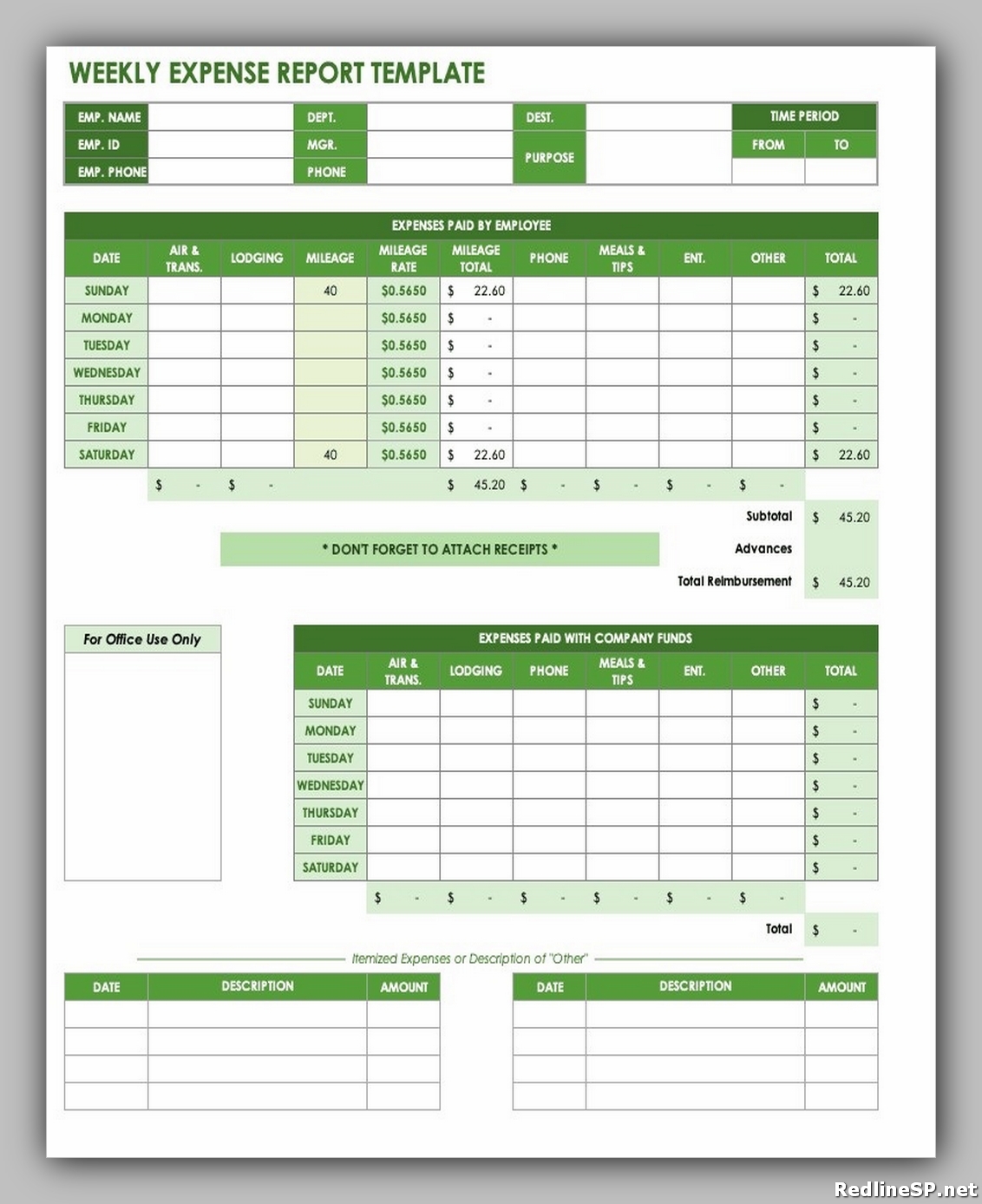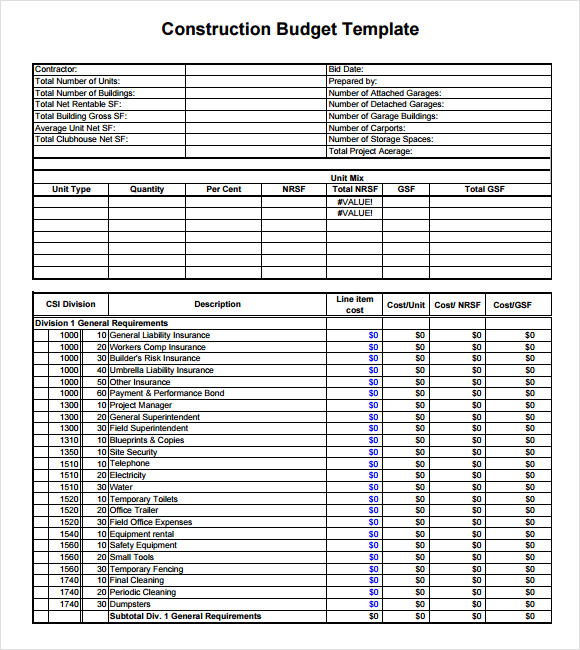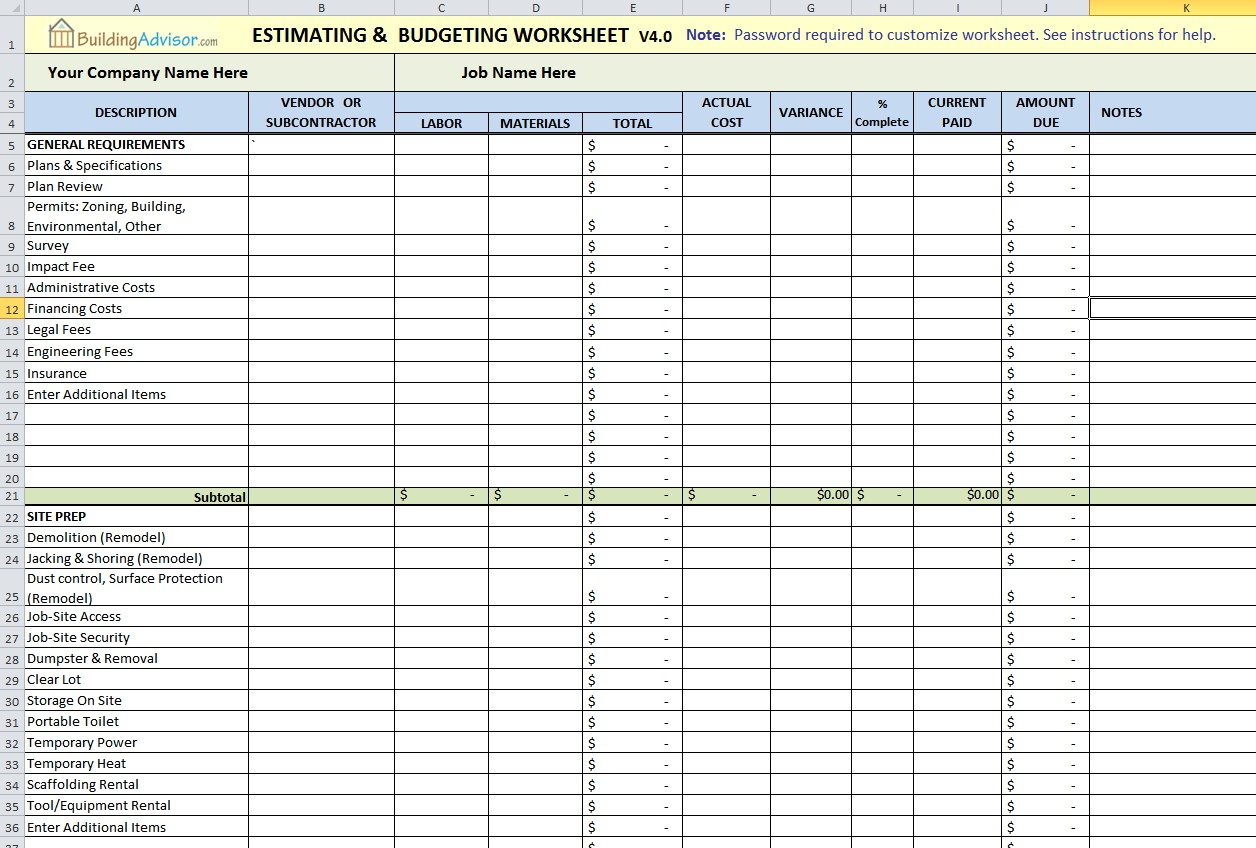
The amount your company will earn for completing the project. A percentage of the contractor’s overall overhead is usually included in a cost-plus contract, with the amount depending on the size and timespan of the project. Such costs include administrative expenses, like office leases, insurance fees, licensing, transportation expenses and utilities. Indirect costs/overhead costsĪlso known as overhead costs, indirect costs are the myriad expense categories associated with running a business. Known as the cost of goods sold (COGS) in other contexts, examples of direct costs include labor for the project, raw materials required to complete the project, equipment purchased or rented for the job and fees for outside specialists like engineers or consultants. These are the more obvious costs that relate to the specific job in the contract. No matter the specifics of a project, a cost-plus contract typically breaks down costs into three categories.

What Is Included in a Cost-Plus Contract? Finally, when a cost-plus contract is expected to last for many months or years, it usually provides for interim payments to reimburse the contractor’s expenses along the way. In some cases, the customer may request a cap on total chargeable expenses. However, estimating errors, mistakes and costs incurred due to negligence are not covered in most cost-plus contracts. Expenses may also include overhead, like research and development costs necessary to meet contractual goals. Typical price fluctuations covered in such contracts include the cost of commodities, such as lumber and copper, that may experience spikes in demand.


The contractor must produce a detailed estimate of expected costs upfront, and the buyer must agree to a set of recognized expense increases that may be incurred.
Building contractor expenses plus#
Cost-plus contracts require careful accounting and tracking, and customers may insist on a cost-cap clause.Ĭost-plus contracts, where a contractor bills for a project’s direct and indirect expenses plus an additional fee, allow for considerable flexibility and ensure a profit.Contract variations may factor in incentives for work completed ahead of schedule or exceeding original specifications, or stipulate fee increases if project costs increase.But customers lack certainty on the final bill. Cost-plus reduces a contractor’s risk by separating profit from a project’s direct and indirect expenses.Contractors should ensure they carefully track and itemize materials and overhead. In a fixed-price deal, the contractor must carefully calculate how much to charge to ensure a jump in material costs doesn’t wipe out profits.īuyers may prefer a fixed-price arrangement over cost plus because the former provides certainty on what they will be charged for a project. Cost Plus vs Fixed PriceĪs the name implies, a fixed-price contract sets a lump sum cost for a project, regardless of whether expenses and materials go up or down. Also known as cost-reimbursement contracts, these arrangements contrast with fixed-price contracts, in which the contractor is paid a single set fee for a project, regardless of total expenses.Ĭost-plus contracts shift some of the risk from contractors to customers, who may have to pay more to cover increased expenses.
The additional fee is intended to be the contractor’s profit. What Is a Cost-Plus Contract?Ī cost-plus contract is one in which the contractor is paid for all of a project’s expenses plus an additional fee for the job. Here’s why they could be right for your business, too. In fact, today, cost-plus contracts are used in everything from highway construction projects to aerospace rocket development. One contract type gaining in popularity - especially in construction - is a cost-plus format. Getting all parties on the same page can protect your company and its bottom line, but not every type of contract is right for every business. East, Nordics and Other Regions (opens in new tab)Ĭontracts may not be your business, but your business depends on contracts.


 0 kommentar(er)
0 kommentar(er)
